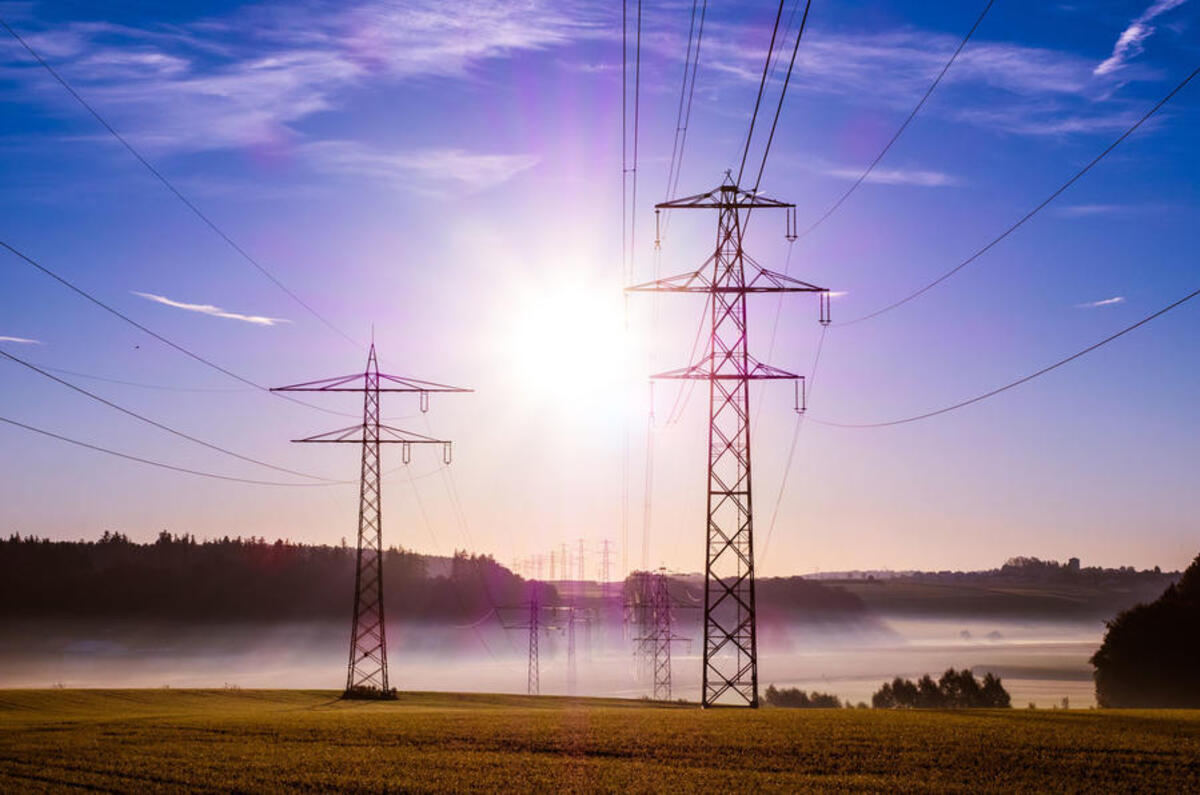In early January, the price of electricity per megawatt hour twice spiked from the usual £40 per megawatt hour to first £1600, and a day later to £4000. That second, spectacular 10,000 percent increase was the result of a lull in renewable energy generation. It suggests that the National Grid’s sanguine view of its ability to generate enough power not only to reliably supply the country’s energy demands, but also to meet the need of an exponentially expanding fleet of EVs, must be tempered against the actual costs of inconsistent generation. An electricity trader quoted in a Guardian report on this power lull suggested that the UK “is at much greater risk of blackouts this winter than the National Grid has forecast”.
The problem of such power shortfalls is not insurmountable, the country needing to develop much greater capacity for the storage of surplus energy from renewables. EVs can indeed be part of the solution, if they have a bi-directional connection to their wallbox chargers, enabling the grid to draw energy from an EV to support the grid during a renewable lull. That this facility has not yet been mandated is an unfortunate oversight.
More regrettable is that the headlong rush to EVs necessitated by the urgency of reducing CO2 emissions, and the UK’s ICE-eliminating legislation, runs the risk of smothering other solutions. In California, for instance, part of the natural gas pipeline network is to be experimentally used to transport hydrogen, this element extracted from the gas mix at the point of use - potentially, fuel stations. It’s a solution that could dramatically ease the difficulty of transporting hydrogen, this one of the major impediments to the wider take-up of fuel-cell vehicles. Natural gas is piped all over the UK, of course.
Another solution is synthetic fuel, which can be produced in multiple ways, one of them using surplus renewable energy to extract CO2 from the atmosphere and convert it to petrol. It’s an infant technology, but has the merit of actually removing our problem gas – CO2 – from the atmosphere, besides enabling the world’s car parc to keep running. That will matter a lot in countries less wealthy than the UK.
There are other potential solutions too, such as generating hydrogen from algae, this project an Anglo-Chinese collaboration, but all are more distant than the take-up of EVs. The EV solution is far from perfect, however, from the challenges of on-street charging to its rare earth needs, its still disputed whole-life CO2 impact and the challenge of end-of-life disposal. For these reasons alone, other technologies must be championed.
READ MORE
Ultimate EV guide: Every electric car rated
How the National Grid will work with electric cars
Official: Government to ban new petrol and diesel car sales in 2030




Join the debate
Add your comment
Now we see glimpse of the future. Limited and fully controled private mobility, huge new and old taxes on energy (electricity) and governmental redistribution for vote collection purposes.
Car journalists should do some basic research before publishing their half-baked "solutions" from the platforms they are previledged to have.
If a battery has a maximum number of charge cycles before it loses the ability to take charge (as it seems all phones, laptops, tablets etc do) I would not want the national grid draining my freshly refilled EV battery only to charge it up again later, and kill the battery a few years earlier than it might otherwise have lasted.
Charge cycles count from almost full to almost empty and reverse. Not a few percentages up and down, otherwise pushing the regenerative brakes would count.
Its not just the number of charge-discharge that matter but the rate as well (pulling 1kW is not the same as pulling 100kW).
If and when vehicle to grid becomes widespead, these will be non-issues.
..... exactly Cobnapoint, what if you suddenly need to run one of your children into Hospital in the middle of the night - maybe 30 miles away or more....dramatic I know, but the law of sod and all that!
I cant help think we are at risk of throwing the baby out with the bathwater...clearly EV's may have a temporary life in the evolution of the car, but spending billions on infrastructure for what may be a temporary fix seems ridiculous. Also If synthetic fuels are a real possibility, why are we banning ICE vehicles....are we to 're-invent' this technology further down the line? I dont think the manufacturers balance sheets could stand the strain!
Would you buy a synthetic fueled car if the cost of running it is 5 - 6 times that of running an EV ? Because that is the difference in energy cost between them. Also , they will still be banned in city centers since they still cause air pullution. No alternative should be dismissed, but drawbacks with hydrogen and synthetic fuels make them non-starters.
OK, if you have 3-phase into the house you can charge it up quickly - but who has? Most EVs on a standard charger will take most of the night before they become useful again.
But this argument is ridiculous Shiakas. That would be equivalent to me keeping only a quarter of a tank of fuel in the car....but worse because I can refill my car at a moments notice.
Of course you will keep the car topped up.
It might take some getting used to, but just like you dont top up your car every time it the tank dips under half full, we will only charge our cars when the range is low .